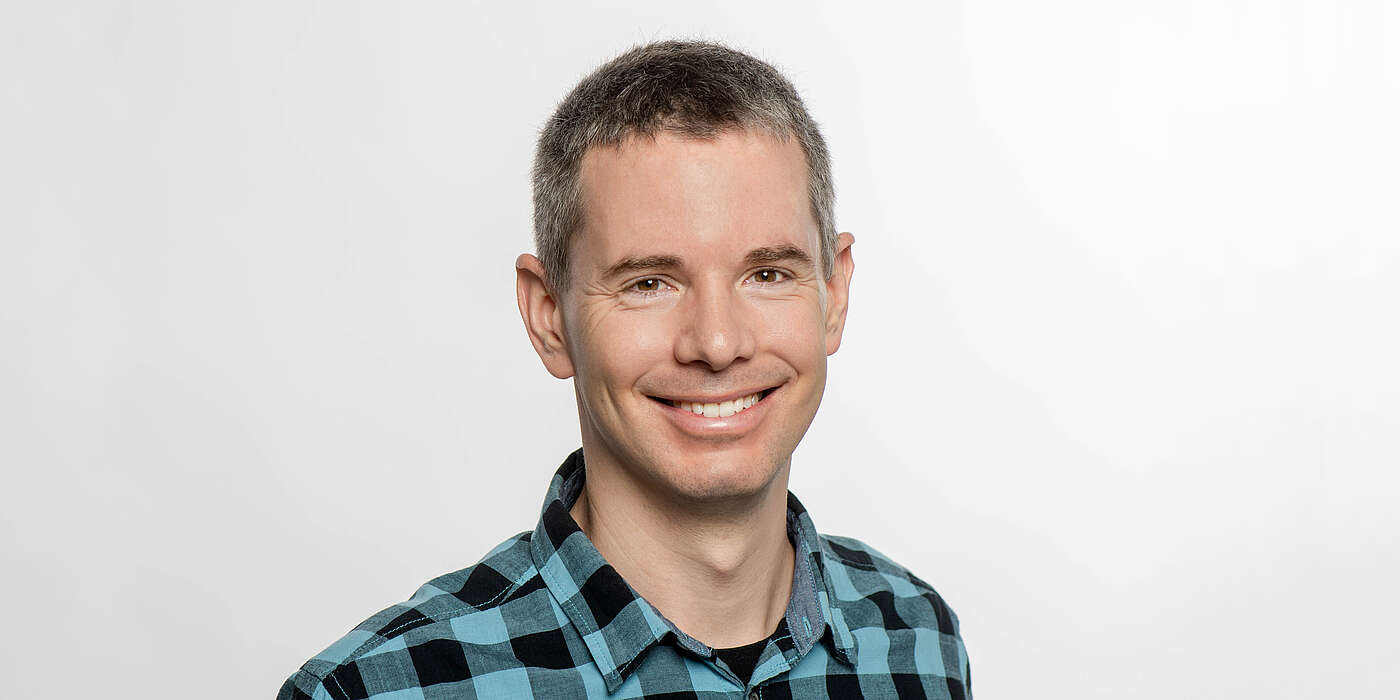The ERC Consolidator Grants are intended to support projects of highly qualified scientists that push the frontiers of human knowledge. On March 17, 2022, the ERC announced the 313 laureates of the 2021 ERC Consolidator Grants, including Prof. Benjamin Engel from the Biozentrum of the University of Basel. With this support, the new grantees will be able to tackle scientific questions with far-reaching impact and to consolidate their own independent research teams.
Following recent ERC grant awards to Professors Médéric Diard, Flavio Donato, Maria Hondele and Anissa Kempf, Prof. Benjamin Engel’s ERC grant is the fifth in a row for incoming Assistant Professors at the Biozentrum.
Due to Switzerland’s exclusion from the EU’s Horizon Europe funding programme, Engel’s ERC project “cryOcean: Cryo-Electron Tomography for the Ocean” will be funded by the State Secretariat for Education, Research and Innovation (SERI). "However, successfully competing on the European stage means a lot to me,” emphasizes Engel “Being awarded a highly coveted ERC grant is not only associated with generous financial support but also provides a strong endorsement of your group’s work and future research direction.”
ERC funding for research project “cryOcean”
Plants, algae and cyanobacteria use sunlight, water and carbon dioxide to generate oxygen and energy-rich sugar molecules. This process, called photosynthesis, is essential to life on Earth because it provides food, while replacing atmospheric carbon dioxide with oxygen. In his project Engel focuses on the chloroplasts, a chlorophyll-containing organelle in the cell that performs photosynthesis and gives plants their characteristic green color.
Chloroplasts in marine algae perform about 25 Percent of the Earth’s photosynthesis, however, the molecular organization of these vital photosynthetic organelles remains uncharted. “In the cryOcean project, we will use our pioneering cryo-electron tomography approach to study the architecture of chloroplasts in diverse species of globally important marine algae, exploring how the energy of sunlight is captured and used to fix carbon dioxide”, says Engel “As climate change dramatically reshapes our world, it is important to understand how chloroplast architecture responds to the ocean’s rapidly fluctuating environmental conditions.” Ultimately, engineers can build on these discoveries to seek new solutions for improving photosynthesis, with applications for increasing crop yield, producing clean energy and potentially countering climate change, itself.
In March 2022, Benjamin Engel took up his position as Assistant Professor at the Biozentrum, University of Basel. A native of California, Engel studied molecular and cell biology at the University of California, Berkeley and graduated with a PhD in Cell Biology from the University of California, San Francisco, in 2011. He subsequently carried out research as a postdoc and later as a project leader at the Max Planck Institute (MPI) of Biochemistry in Martinsried. In 2019, Engel joined the Helmholtz Zentrum München and established his own research group at the Helmholtz Pioneer Campus. Engel has received numerous fellowships and awards for his outstanding scientific work, including membership in the EMBO Young Investigator Program.
EU frontier research grants to promote excellent scientists
The ERC Consolidator Grants are funded by the EU's Horizon Europe Framework Programme for Research and Innovation. This research grant supports excellent and ambitious researchers that are consolidating their own independent research team to realize risky and high potential research projects. In the 2021 application round, four researchers from the University of Basel have been successful in the ERC’s highly competitive selection procedure.
Last year, the Swiss National Science Foundation introduced transitional measures including the SNSF Consolidator Grants 2022 to replace the Horizon Europe funding programme that is no longer accessible to researchers in Switzerland.
Further information: ERC Consolidator Grants 2021
Contact: Communications, Katrin Bühler



